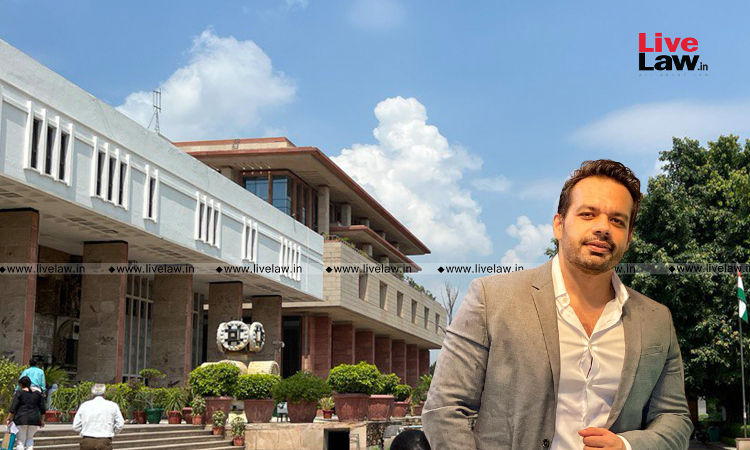Delhi High Court Turns Down Plea To Gag Legal Portals From Reporting YouTuber Gaurav Taneja's Case
Nupur Thapliyal
5 Aug 2022 2:30 PM IST

Next Story
5 Aug 2022 2:30 PM IST
The Delhi High Court on Friday refused to pass a 'gag order' barring legal news portals from reporting on the ongoing suit filed by YouTuber Gaurav Taneja, popularly known as 'Flying Beast', against Mint Newspaper and its Columnist Shephali Bhatt over an allegedly defamatory article published against him. Justice Amit Bansal was hearing Bhatt's application seeking to direct Taneja to remove...
